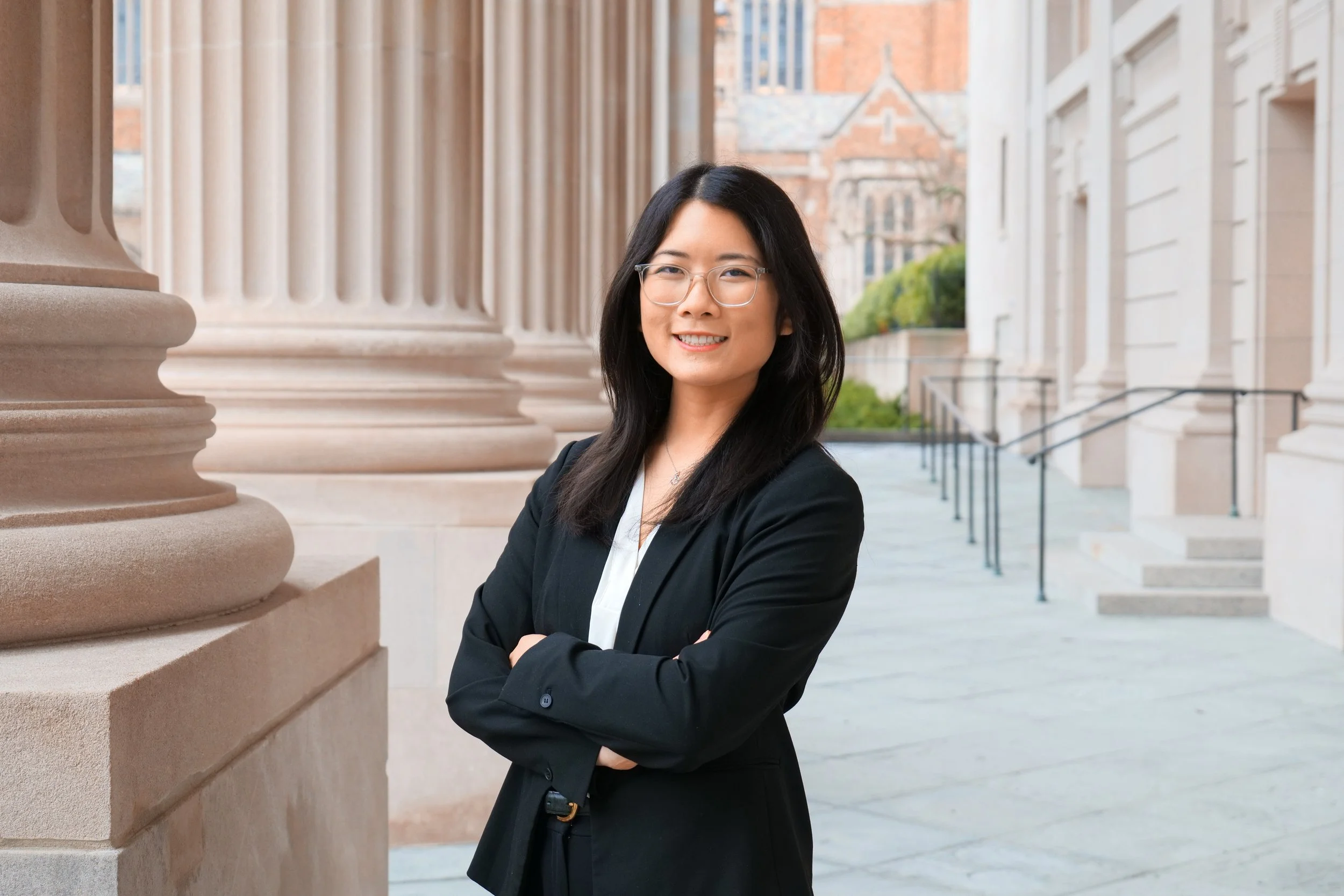
Commission on Science and Technology for Development
Committee description:
BEGINNER COMMITTEE
Welcome to the United Nations Commission on Science and Technology for Development (CSTD)! This committee serves as the United Nation's forum for countries to discuss critical challenges and opportunities in scientific and technological development, ensuring the developing countries and people do not get left behind. Today, the issues discussed in CSTD are even more relevant than ever as we experience unparalleled growth in science, technology, and innovation and the need for sustainable development becomes more complex. The chair strongly believes in creating an inclusive and educational atmosphere where respectful dialogue and disagreement is welcomed.
Topic 1: Leveraging Satellite Technology to Combat Global Food Insecurity
Around the world, climate change, conflict, and economic instability has been placing an increased strain on global food systems and food security. In recent years, satellite technology has emerged as a powerful tool to monitor crop health, forecast yields, track weather patterns, and detect land use changes. However, access to these tools has historically been limited by high costs and technical barriers. Disparities in satellite coverage and data interpretation can widen existing inequalities in agricultural productivity and food availability among countries. The CropWatch programme, launched by the UN Commission on Science and Technology for Development (CSTD), UNCTAD, and the Chinese Academy of Sciences, is helping to change that. Through South-South cooperation, countries are using satellite-based monitoring systems to track crop growth, assess climate impacts, and inform agricultural planning. These tools not only improve farm-level decision-making but also help governments mitigate price fluctuations, reduce food waste, and respond more effectively to climate-related disasters. Delegates will consider how CSTD can sustainably and practically support the expansion of satellite technology in agriculture, strengthen local technical capacity, and foster international collaboration to build more resilient and self-sufficient food systems.
Topic 2: Data Sovereignty: Ownership, Access, and Control in a Connected World
As economies and societies become increasingly interwoven with digital technologies, data is increasingly seen as a strategic asset. From shaping public policy to powering artificial intelligence, the ability to collect, analyze, and apply data holds enormous potential for advancing sustainable development in areas ranging from poverty eradication to climate change mitigation. Yet this potential is unequally distributed. Much of the world’s data is controlled by a handful of global corporations, while many governments, especially, in developing countries, struggle to access or govern the data needed to improve public services, protect citizens’ rights, and foster innovation. Without clear international standards, data governance remains fragmented, raising urgent questions about ownership, access, privacy, and sovereignty. Delegates will explore how the Commission on Science and Technology for Development (CSTD) can help shape global norms around data governance, ensure equitable access to data as a strategic resource, and support national efforts to develop secure, inclusive, and innovation-friendly data policies.
ABOUT YOUR DIRECTOR:
LEe-ANN KAO
Lee-Ann Kao (she/her) is a junior from Zionsville, IN, majoring in Statistics & Data Science and Global Affairs. She is so excited to be serving as the co-USG of Delegations for YMUN South Asia, after having served as the USG of Delegations for YMUN 50 and YMUN Taiwan IX, as well as Secretary-General of YMUN Taiwan. Outside of her work in YIRA, Lee-Ann co-leads the Taiwanese-American Society at Yale. In her free time, you can find her outside on her picnic blanket in Branford Courtyard, napping, or watching Netflix. She can’t wait to meet all of the delegates and advisors this year, and welcomes any questions, comments, or concerns at delegations@ymunsouthasia.org.

